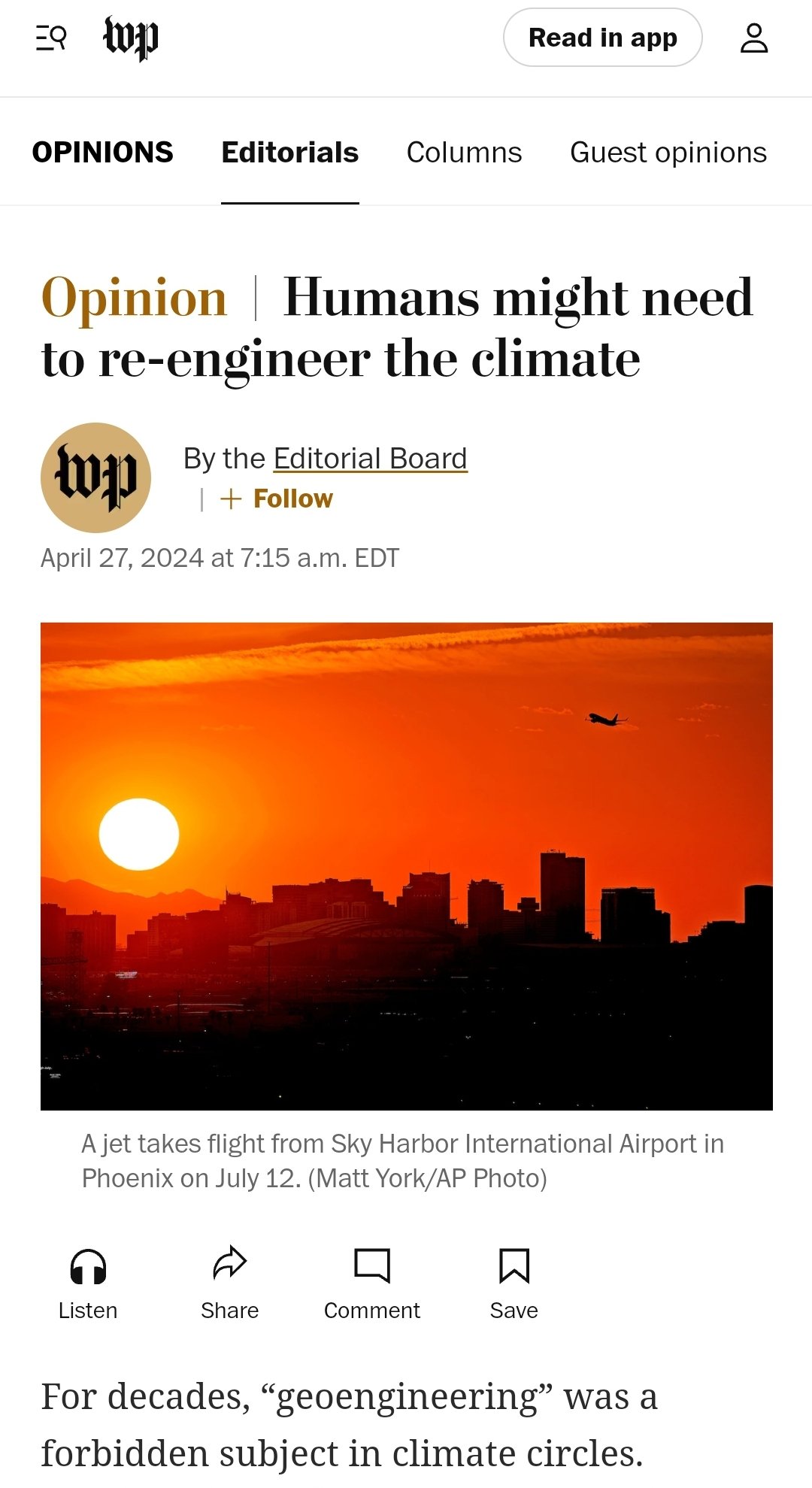U.S. Justice Department In Talks With Climate Scientists For Climate Court Battle
Justice Department lawyers are quietly courting climate scientists for a simmering legal fight that could have massive implications for government global warming policies. In recent months, Department of Justice officials have met with Ken Caldeira, an atmospheric scientist in the Department of Global Ecology at the Carnegie Institution for Science, as well as Judith Curry, a professor emeritus at the Georgia Institute of Technology’s School of Earth and Atmospheric Sciences who has broken with many of her colleagues in the field by questioning the extent of humanity’s role in climate change. The Justice Department officials questioned the scientists about the level of certainty in climate science, possibly in an effort to help formulate a legal argument that would maintain that climate change is not enough of a dire threat to require immediate government action. The case has the potential to be one of the first Trump administration legal showdowns over climate science. For now, the department is casting a wide net, consulting with climate scientists, environmental law experts and economists, according to the researchers. A children’s climate change case, known as Juliana v. United States, was filed in 2015 by 21 young plaintiffs who claimed their constitutional rights had been violated by government inaction on climate change. Earlier this year, just days before Trump took office, the Obama administration Justice Department argued that there is no widespread belief among scientists that the world’s climate becomes dangerous after passing the 350-parts-per-million mark for atmospheric carbon dioxide, a key metric in the case. Scientists have noted that the current level of CO2, which is about 410 ppm, has not been seen in at least 800,000 years. Where the Trump administration will take the argument, if the case should proceed to trial, remains an open question. Trump and many top Cabinet officials have rejected the mainstream scientific consensus that humans are warming the planet at an unprecedented pace. Phil Gregory, an attorney representing the plaintiffs, compared the case to the famous Scopes monkey trial of 1925, when a high school teacher fought for the right to teach human evolution in public schools. The difference now, he said, is that this case would be a showdown on climate science in a courtroom. Ultimately, the case could have even broader implications than an upcoming “red team” climate debate exercise planned by U.S. EPA Administrator Scott Pruitt because it could yield future government action on climate change, according to Gregory. He said his plaintiffs have extensive evidence that glacial melt, coral reef destruction and rising temperatures pose a grave threat to future generations. “What we’re going to have is the youth of America and their climate scientists,” he said. “The Trump administration can bring on any scientist it wants, and we can have that debate based on evidence in a courtroom, so it’s better than the Scopes trial, because in the Scopes trial, it wasn’t limited to scientific evidence; they talked about the Bible and waved that around.” The next step in the case is oral arguments on Dec. 11 before the 9th U.S. Circuit Court of Appeals in San Francisco. The government, through a writ of mandamus, wants a review of a 2016 decision by a lower court not to throw the case out. If the government is not granted that review, the case could eventually head to trial and climate science could become a central part of a legal argument. Trump has dismissed climate change as a hoax, and chose a number of Cabinet secretaries who question basic climate science. If the case proceeds to trial, however, government lawyers would be forced to argue that climate change does not pose an immediate threat, something mainstream climate science long ago determined is endangering humanity. There has been a significant focus from both critics and supporters of the Trump administration on whether Pruitt will challenge the endangerment finding, the legal undergirding of EPA’s climate rules. Taking on the endangerment finding would be a major legal fight, requiring the creation of a mountain of alternative research to challenge the significant body of peer-reviewed science that shows humans are warming the Earth at an unprecedented pace. Full story
— gReader Pro




